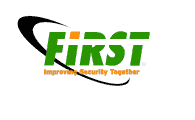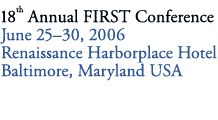Technical Track
Secure Coding in C and C++ provides practical advice on secure
practices in C and C++ programming. Producing secure programs requires
secure designs. However, even the best designs can lead to insecure
programs if developers are unaware of the many security pitfalls
inherent in C and C++ programming.
This tutorial provides a detailed explanation of common programming errors in C and C++ and describes how these errors can lead to code that is vulnerable to exploitation. The tutorial concentrates on security issues intrinsic to the C and C++ programming languages and associated libraries. It does not emphasize security issues involving interactions with external systems such as databases and web servers, as these are rich topics on their own. The intent is that this tutorial be useful to anyone involved in developing secure C and C++ programs regardless of the specific application.
This tutorial provides a detailed explanation of common programming errors in C and C++ and describes how these errors can lead to code that is vulnerable to exploitation. The tutorial concentrates on security issues intrinsic to the C and C++ programming languages and associated libraries. It does not emphasize security issues involving interactions with external systems such as databases and web servers, as these are rich topics on their own. The intent is that this tutorial be useful to anyone involved in developing secure C and C++ programs regardless of the specific application.
http://www.first.org/conference/2006/papers/seacord-robert-slides.pdf
Type: Slides
Format: application/pdf
Last updated: May 18, 2006
Size: 502 Kb
http://www.first.org/conference/2006/papers/seacord-robert-slides.pdf
Type: Slides
Format: application/pdf
Last updated: July 12, 2006
Size: 502 Kb
Authors & presenters

 (CERT/CC – Carnegie Mellon University, US)
(CERT/CC – Carnegie Mellon University, US)












